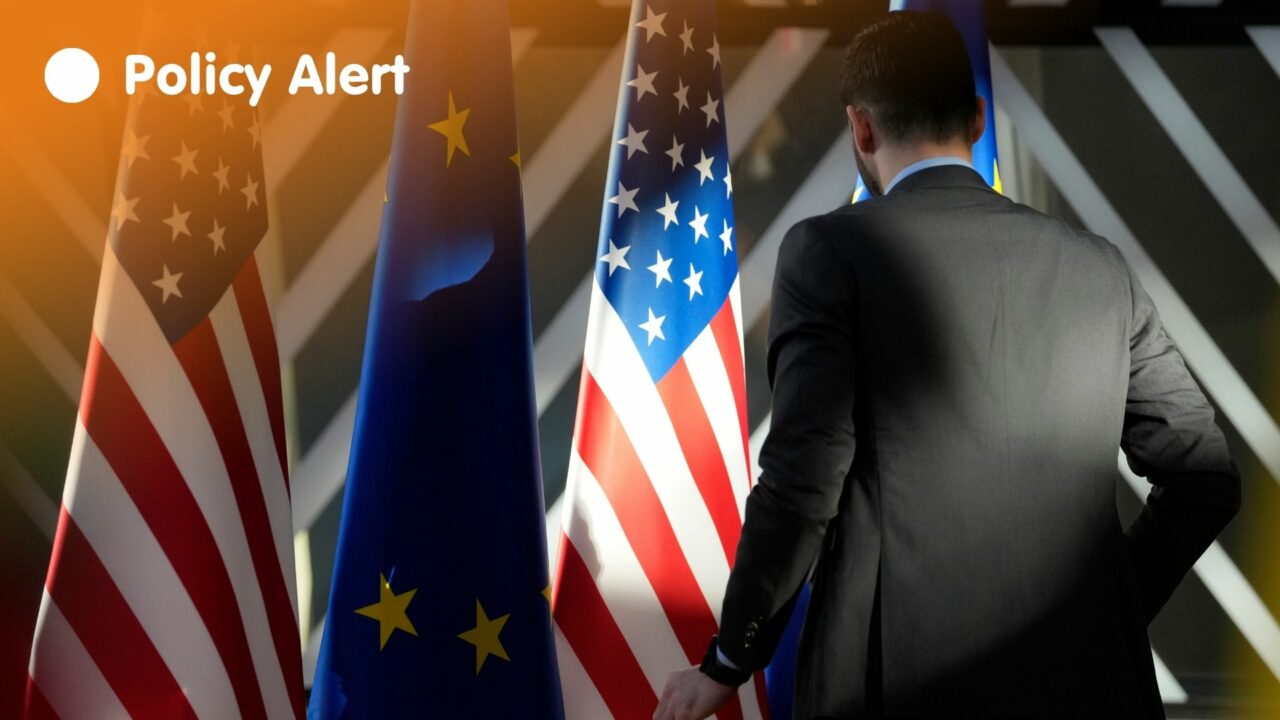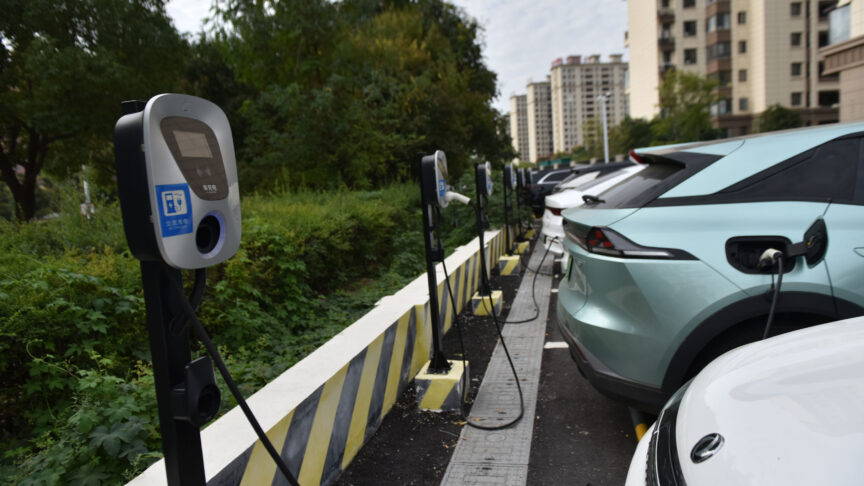Economics front and centre: Why the US-EU summit matters
The upcoming US-EU summit shows how de-risking, the Western willingness to respond to China’s rise, and the green transition are reshaping US-EU relations. Three major deliverables are on the table:
- The European Union’s access to some US Inflation Reduction Act (IRA) subsidies
- A transatlantic agreement on critical raw materials (CRMs)
- Discussions on Russia’s frozen foreign-exchange reserves and sanctions evasion
European geo-economic priorities
The EU could make meaningful progress in three areas:
- EU access to (some) IRA subsidies
- Electric vehicles with EU-made batteries could become eligible for US tax credits. However, Americans buying European vehicles would not receive the full $7,500 in tax credits (these apply only to US-made vehicles). European concerns that the IRA is a protectionist policy will therefore remain.
- CRMs
- Both sides could agree not to impose trade tariffs or quotas on some of the CRMS most necessary for the green transition, such as cobalt, lithium, and nickel. Yet a transatlantic deal on CRMs will do nothing to curb China’s domination in the field; China holds a quasi-monopoly over rare earth mining and processes around 60 per cent of global lithium supply, for instance. As a result, EU-made electric vehicle batteries that become eligible for some IRA-related tax credits would still be built using Chinese raw materials.
- The US and EU need to focus on developing CRM supply chains. Most reserves of the most crucial minerals for the global energy transition are located in emerging economies (such as Brazil, the Democratic Republic of Congo, and Indonesia). The US and EU need to develop a coherent offer to convince CRM producers to work with them – not China – for instance via deals for concessional financing, access to technology, or tailored free-trade agreements. Telling emerging economies to work with us will not be enough: Western countries need to sketch a plan to become attractive partners for the global south.
- Russia sanctions
- Policymakers and sanctions experts disagree about what to do with the $300 billion in frozen Russian foreign-exchange reserves held by Western countries. Some want to use these funds for Ukraine’s reconstruction, while others believe confiscating them would convince emerging economies to ditch Western currencies for their reserve holdings (so far most EU and US policymakers appear to have joined this cautious camp). An agreement is unlikely, but discussions will send a signal of Western unity to Moscow.
- With Ukraine’s reconstruction remaining a distant prospect and the risk that US support to Kyiv could wane in the coming months amid a divided US Congress, Europeans should prioritise assessing how, and whether, they can fill the gap if the US stops supporting Ukraine.
- The summit will also feature pledges to tackle sanctions evasion, notably for semiconductor smuggling and oil exports breaching the G7/EU oil price cap. However, these will prove ineffective unless staffing levels at government agencies dealing with sanctions increase drastically. To the Kremlin’s delight, this remains unrealistic.
Change of heart
The US focus on cooperating with the EU on economic issues stems from three factors:
- The EU is becoming a serious actor for clean technology and is stepping up its thinking in the technology sector.
- The need to show a united front to Russia has solidified the Western alliance.
- Both sides are willing to increase collaboration to pre-emptively Trump-proof policies in case a Republican president comes to power in 2024.
Progress on major deliverables would be positive news for the bloc, although much remains to be done before the EU becomes a credible global geo-economic actor.
The European Council on Foreign Relations does not take collective positions. ECFR publications only represent the views of their individual authors.



